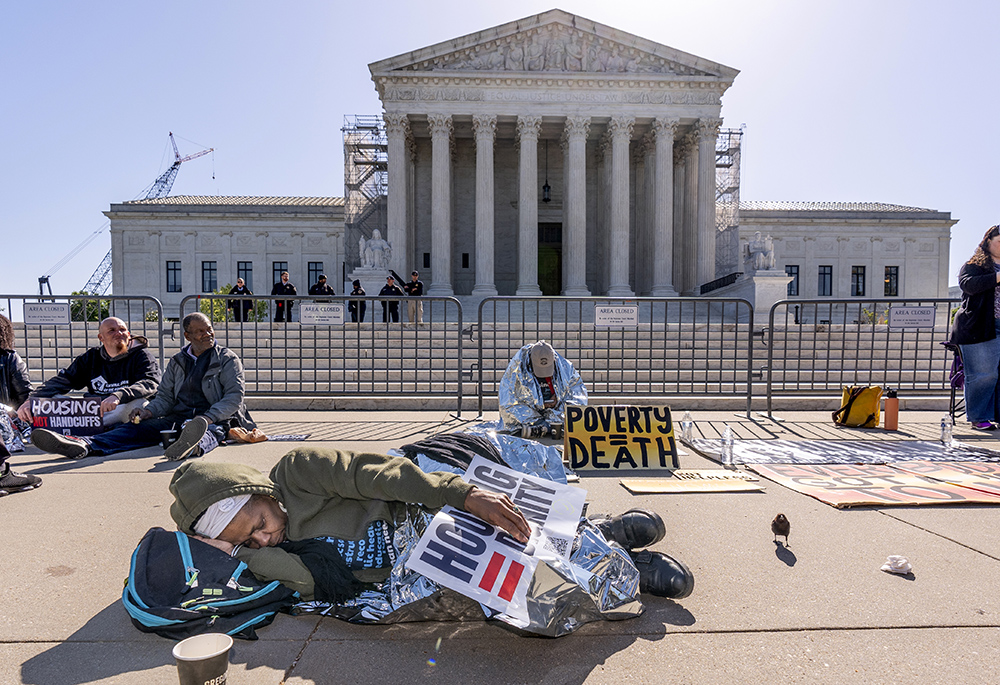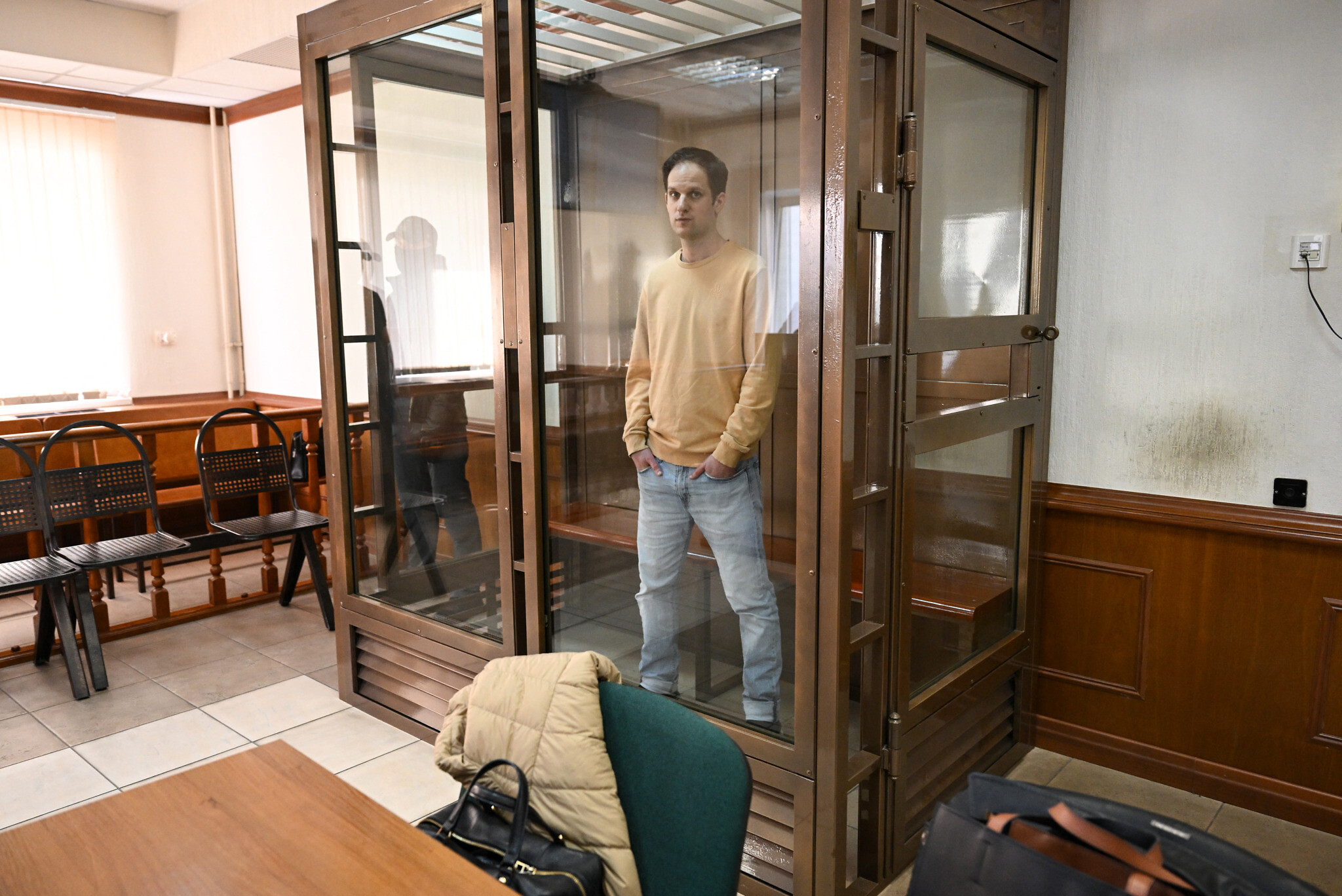
Journalist Marquise Francis wrote an excellent article in NBC News discussing Kratom, an herb with opioid and stimulant-like effects. Kratom is sold legally and widely at vape shops, gas stations and convenience stores in liquid, tablet or powder form. It is sometimes referred to as “gas station heroin.” The American Kratom Association, which advocates for consumer access to the substance, says it’s a roughly $1.5 billion-per-year industry.
Kratom contains a chemical compound called mitragynine, which stimulates the same brain receptors as opioids. That is partially why it can become addictive, according to experts. At high concentrations, the substance can cause nausea, seizures, vomiting, difficulty breathing and, in the most extreme cases, death.
Kratom is not regulated as a controlled substance. However, the Drug Enforcement Administration lists it as a “drug of concern.” The FDA has not approved kratom for any purpose, but supplements do not require the agency’s sign-off to be sold.
OVERDOSE DEATHS
Kratom was the cause of 91 overdose deaths from July 2016 to December 2017, according to a report from the Centers for Disease Control and Prevention. But some estimates put the toll far higher: An analysis by The Washington Post found kratom listed as the leading or partial cause of death in at least 4,100 deaths from 2020 to 2022, and an investigation by the Tampa Bay Times last year found that more than 580 people in Florida alone had died from kratom-related overdoses since 2013.
The DEA sought to temporarily reclassify kratom as a schedule 1 substance in 2016, but reversed course following a backlash. So in lieu of federal oversight, a growing number of states and cities have been cracking down on kratom on their own. at least six states — Alabama, Arkansas, Indiana, Rhode Island, Vermont and Wisconsin — have banned kratom entirely.
AN EMERGING ISSUE
In a letter published Monday in the journal Annals of Internal Medicine, a group of researchers called kratom an “emerging issue” and suggested that physicians consider asking patients about their kratom use, the same way they do about cannabis, cocaine, methamphetamines or heroin. The paper suggests that as of 2022, roughly 1.9 million people in the U.S. had used kratom, though the authors suggest that’s an underestimate.
FOUR GROUPS OF KRATOM USERS
Kratom users are classified into four primary groups. The first is people with opioid use disorder who buy kratom either to tide them over until they can get more opiates or as an attempt to wean themselves off even harder stuff. The second is people who say kratom helps them with pain management. The third are users with anxiety, depression or some other mood disorder. The fourth and final group are those who simply enjoy the stimulant effects.
Please contact my office if you, a friend or family member are charged with a Drug Offense, DUI or any other crime. Hiring an effective and competent defense attorney is the first and best step toward justice.
















